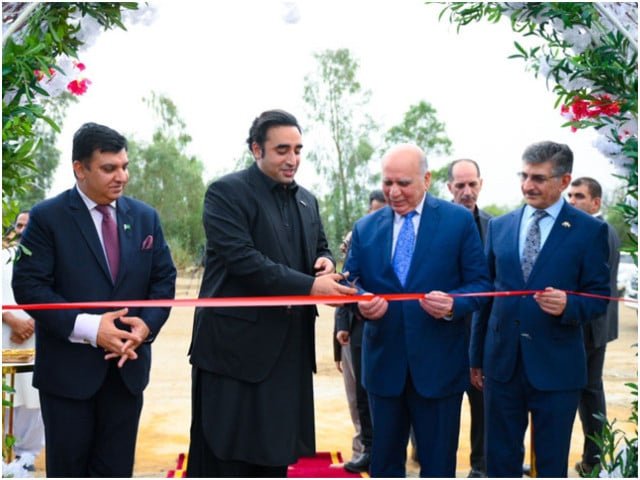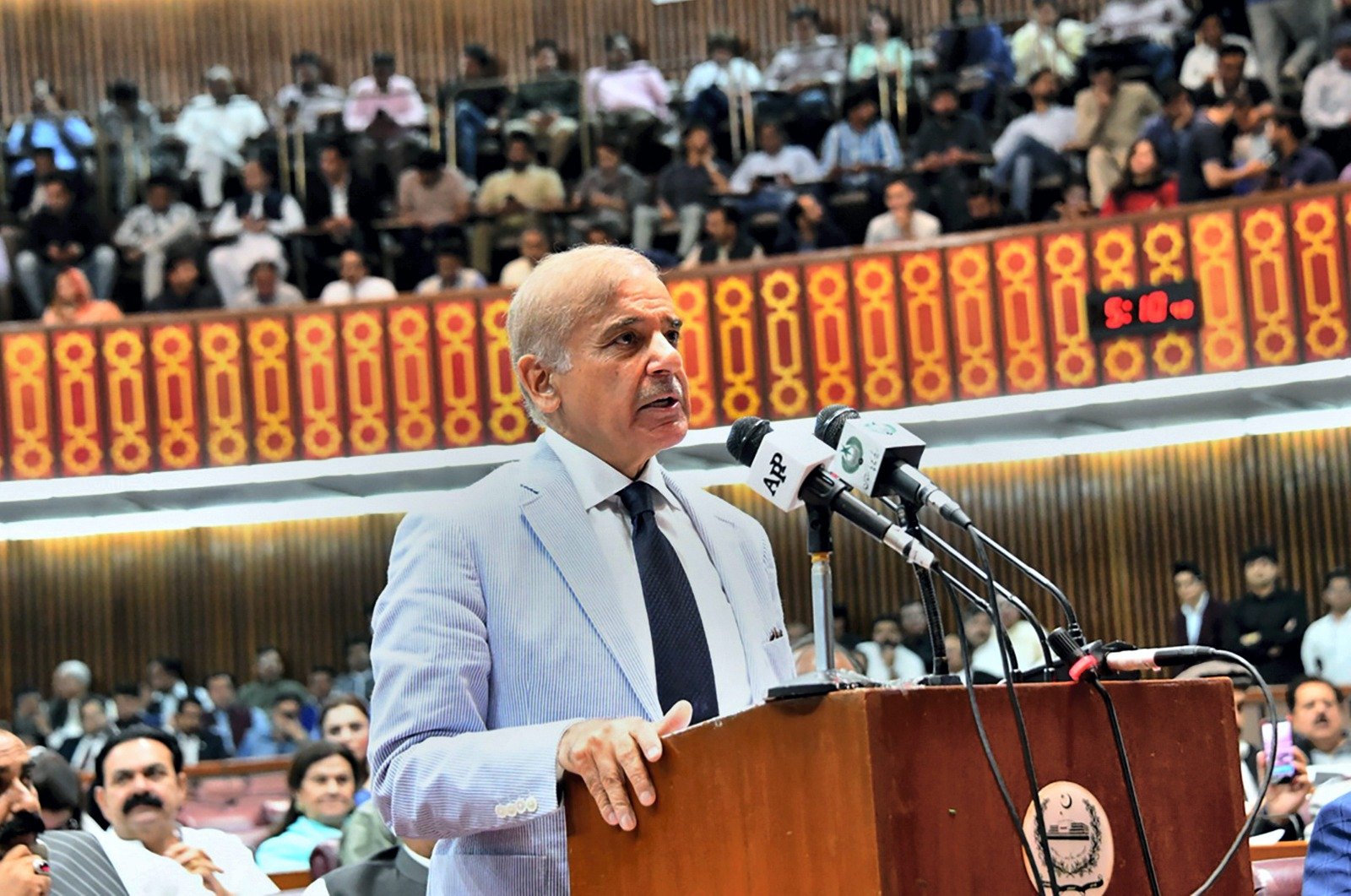Sindh Government Threatens Legal Action Against K-Electric Over Load Shedding-Related Deaths

The Sindh government has issued a stern warning to K-Electric (KE), the primary electricity provider for Karachi, threatening to file murder charges if load shedding is linked to recent mysterious deaths in the city. This move comes amid severe weather conditions and escalating public outrage over prolonged power outages.
Murder Charges for Load Shedding Fatalities
Sindh Home Minister Ziaul Hasan Lanjar announced that the government would hold K-Electric accountable if investigations reveal that load shedding contributed to the recent fatalities. The decision follows reports of 22 deaths in Karachi over the past few days, which coincided with extreme heat and extended power cuts.
“Murder cases will be filed against managers and officials of KE if load shedding is found to be the cause of these deaths,” Minister Lanjar stated. He expressed grief over the loss of lives and confirmed that a probe is underway to determine the exact causes.
Heatwave and Load Shedding Crisis
Karachi has been grappling with scorching temperatures, with the mercury hitting 42°C and “feels-like” temperatures surpassing 50°C earlier this week. The Pakistan Meteorological Department (PMD) has forecasted continued hot and humid weather in the coming days, exacerbating the impact of ongoing power outages.
Prolonged load shedding, lasting between 12 to 14 hours in various areas, has intensified the public’s hardship. According to the Chhipa Welfare Association, the extreme conditions have led to a surge in heatstroke cases, with around 150 patients being admitted to Karachi’s Civil Hospital, including 40 who remain hospitalized.
K-Electric’s Response
In response to the crisis, K-Electric has maintained that 70% of its network is “load shedding free.” The company explained that its load shedding schedule is based on a quarterly review, taking into account the losses of specific areas. Localities with lower losses experience fewer power cuts or are exempt from them, while areas with higher electricity theft and defaulting bills face increased load shedding.
“K-Electric remains committed to managing the power supply efficiently and addressing the concerns of our consumers,” a company spokesperson stated. “We review the load shedding schedule based on area losses and aim to minimize disruptions where possible.”
Ongoing Conflict with K-Electric
This latest warning from the Sindh government follows a pattern of confrontations with K-Electric over power supply issues in Karachi. Last month, Sindh Minister for Energy Nasir Hussain Shah also threatened legal action if any deaths from heatstroke were attributed to power cuts. The ongoing disputes highlight the broader challenges in managing energy distribution and ensuring public safety during extreme weather conditions.
Government’s Next Steps
The Sindh government has emphasized that it will take all necessary actions to protect residents from the effects of load shedding. This includes potential legal measures against K-Electric to ensure accountability and prevent further loss of life.










